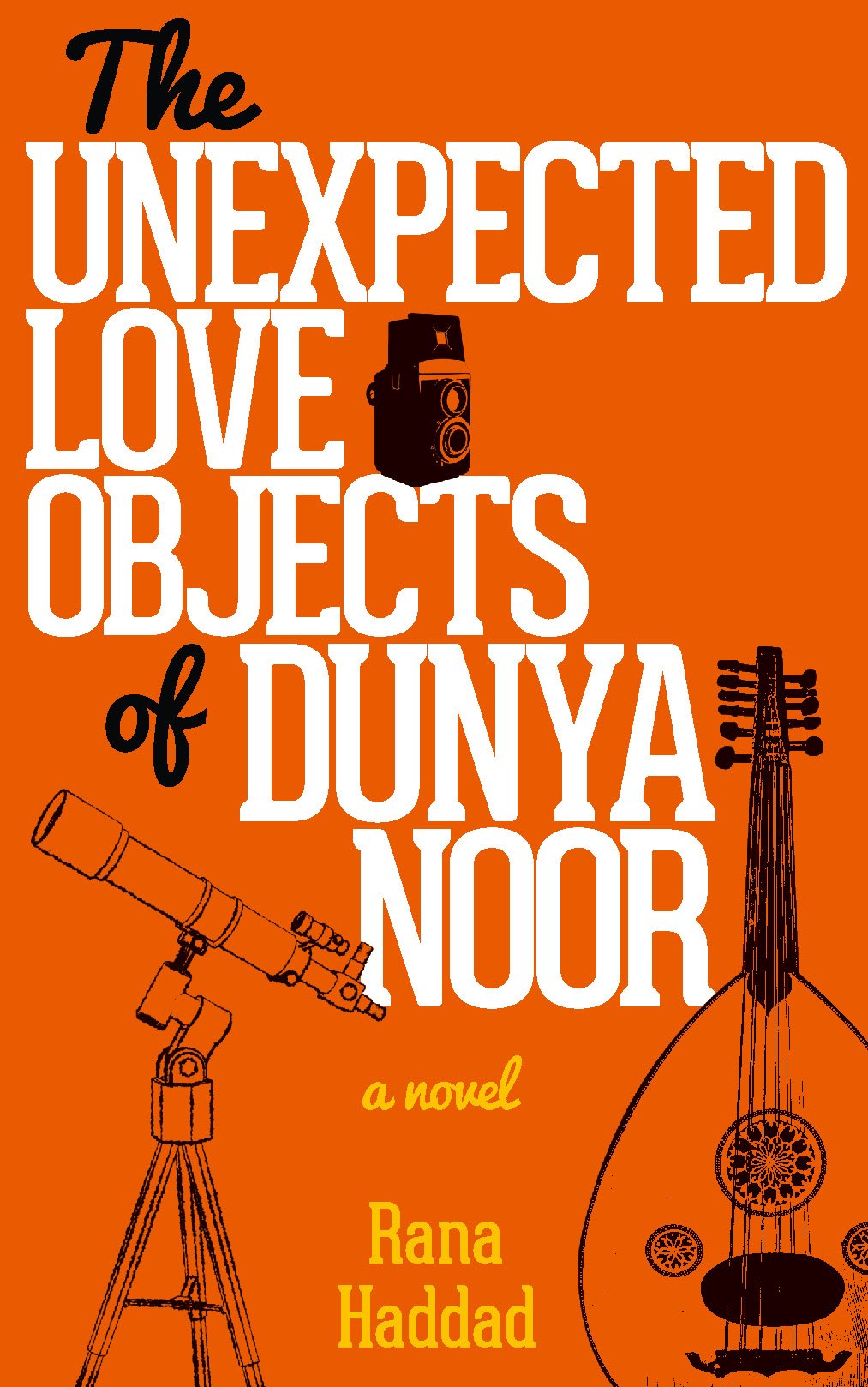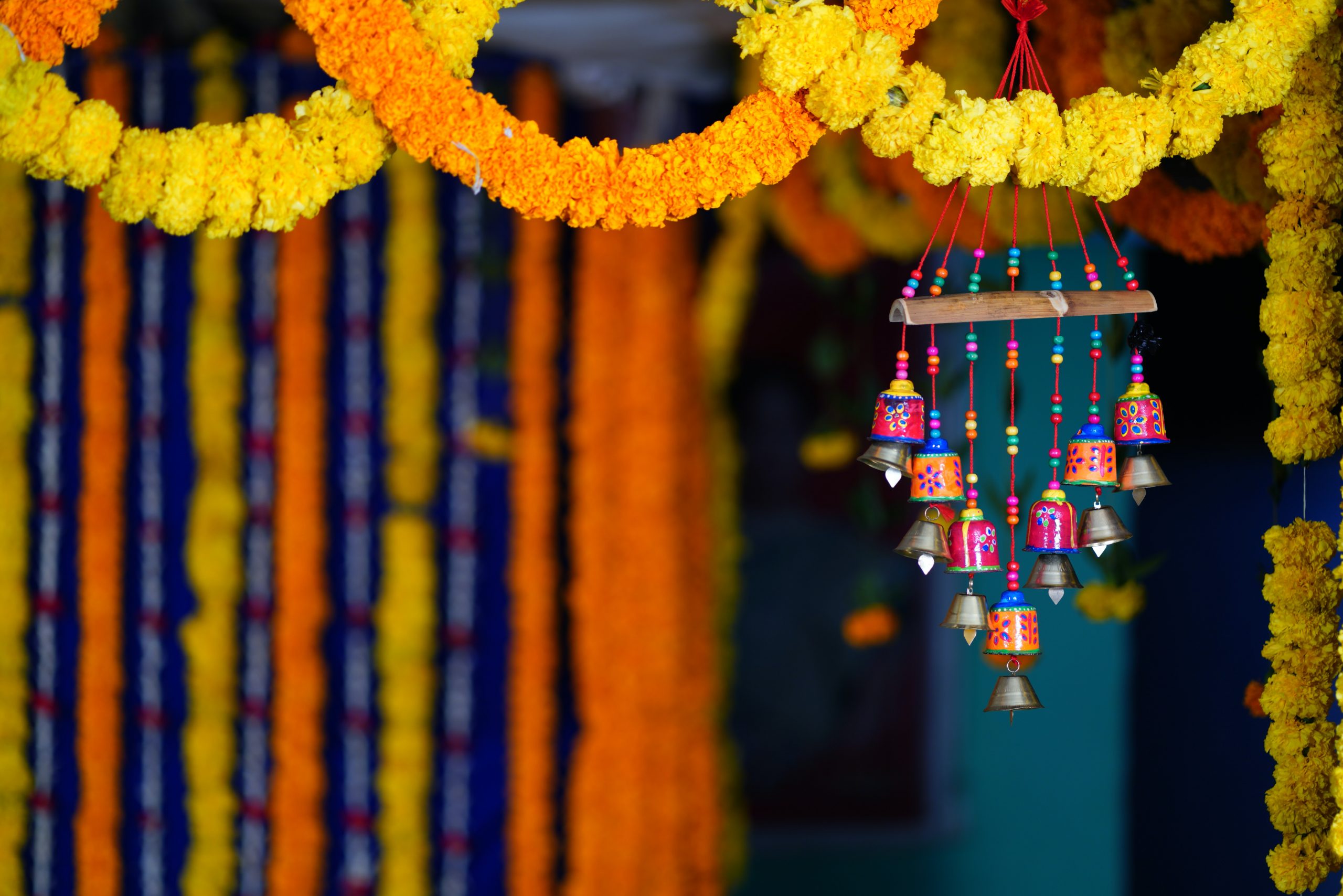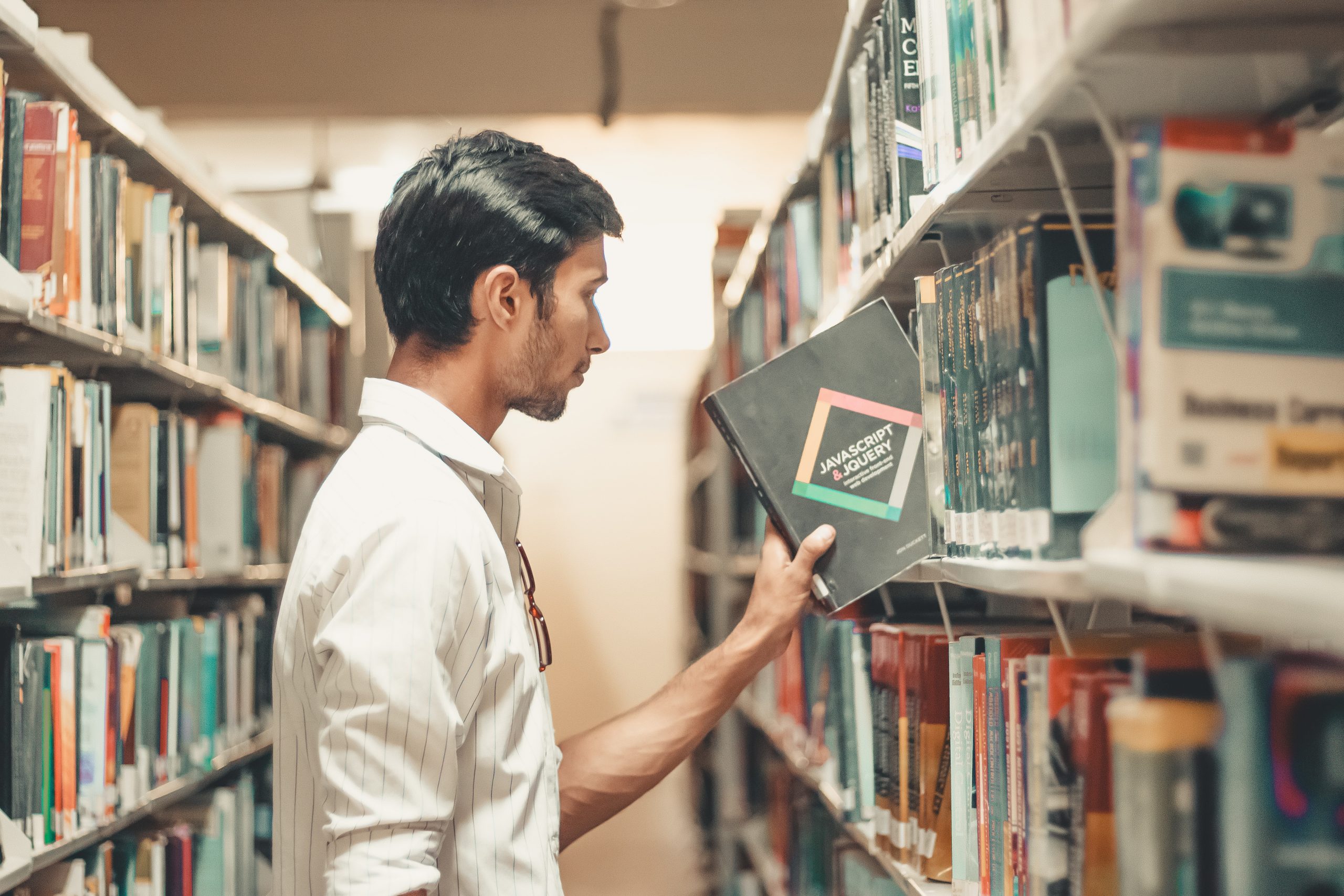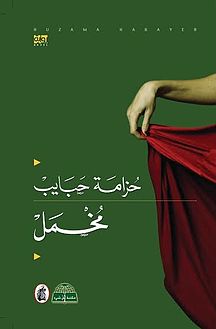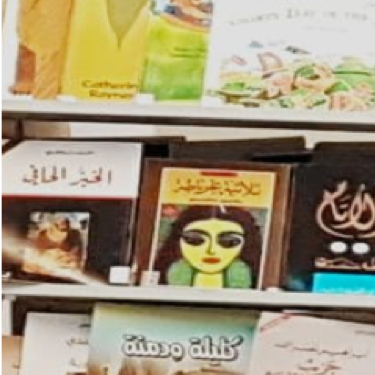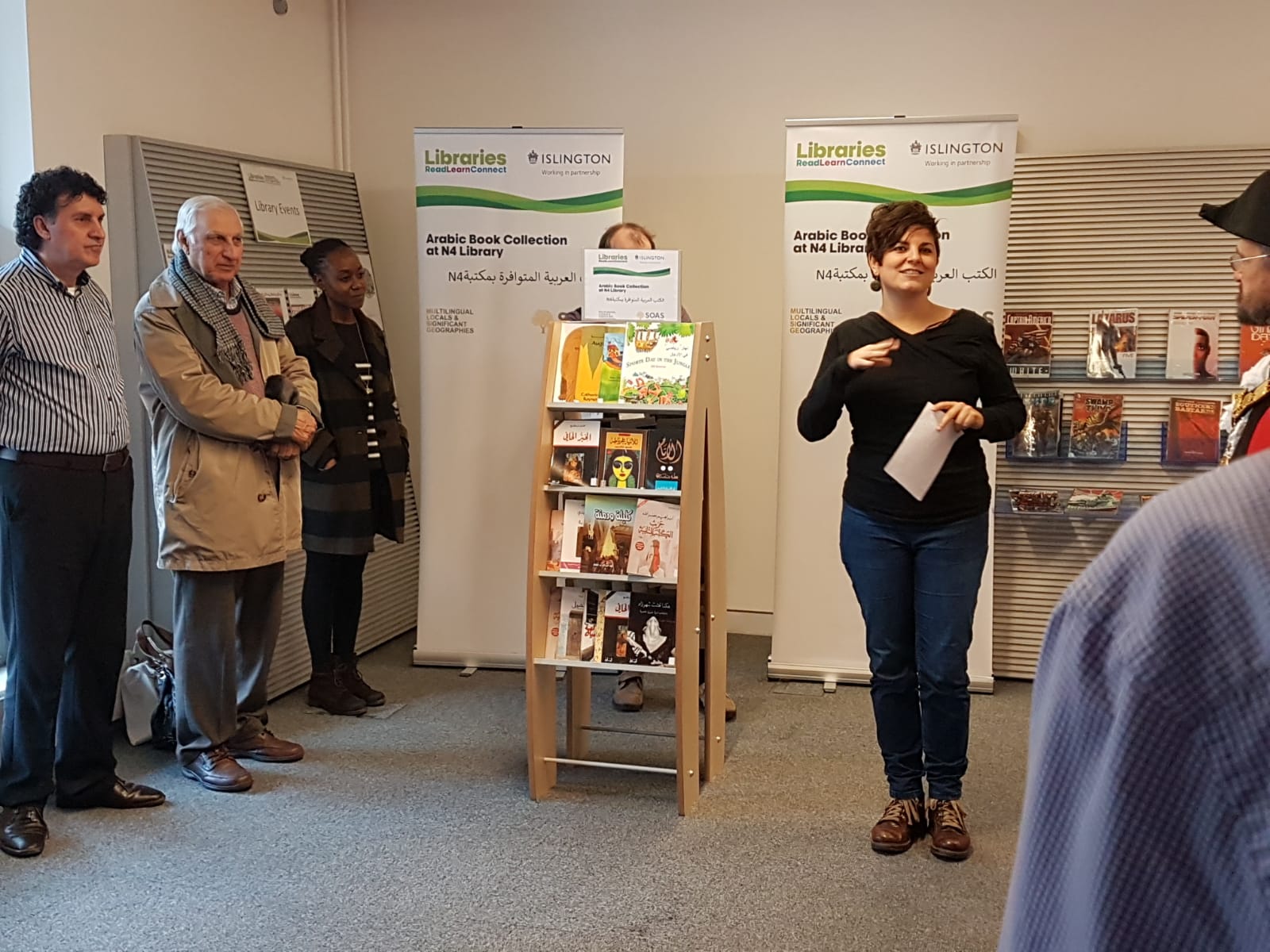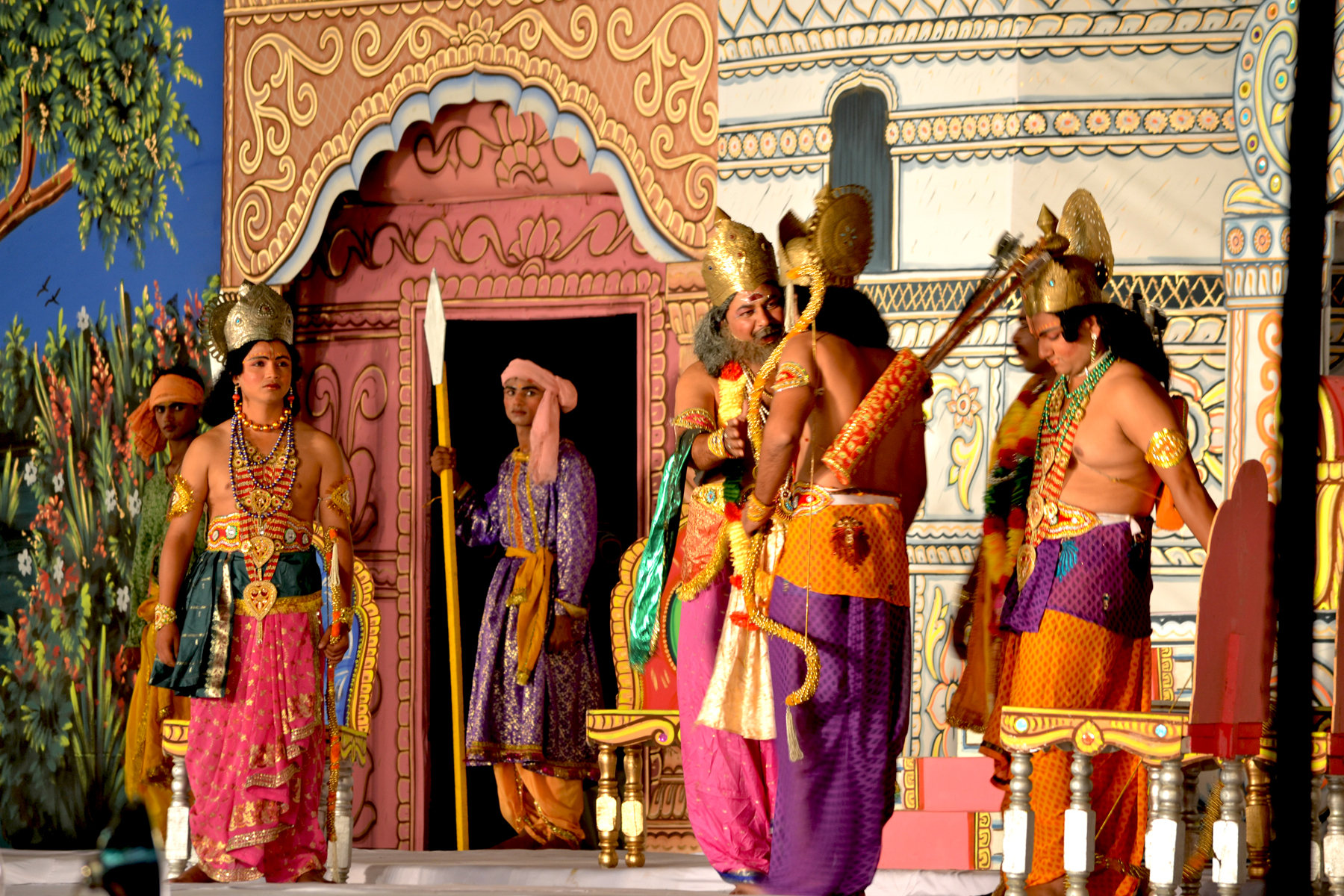.
MULOSIGE’s Readings from the Maghreb seek to display the linguistic and cultural plurality and heterogeneity of the Maghreb; perceiving the Maghreb as being in constant dialogue with these two regions as well as other adjacent regions, particularly Muslim West Africa (‘The Islamic West’ as it is often referred to). The Maghreb has been studied either as an extension of the Arabic Middle East, following a colonial modality that presumes the region follows in the footsteps of the Mashreq’s intellectual and cultural history (while always trailing ‘behind’), or as the periphery which passively received and imitated the ‘centre’ i.e. colonial powers’ cultural and literary genres, theories and models. Although the Maghreb has strong links and affiliations with both contexts, the region’s own historical and cultural particularity and ethno-linguistic diversity, as well as its geographical location at the crossroads of Africa, the Middle East, the Iberian peninsula, Europe and the Mediterranean basin demand an approach that can offer an understanding of the cultural forms and patterns of circulation that emerge in literary and cultural exchanges unmediated by the Mashreq and Europe.
The linguistic and cultural diversity of the Maghreb and the politics of language and culture remain largely understudied. This multilingual region includes vernacular languages such as Darija (spoken Maghrebi dialects), Tamazight (the language of the indigenous population of the Maghreb) Judeo-Arabic, Judeo-Berber, and Judeo-Spanish which have cohabited with Fusha (standard Arabic used in print culture, media, and religious affairs, i.e. the modernised form of classical or Qur’anic Arabic). These languages have all shaped the oral and written cultures of the Maghreb. MULOSIGE aims to study the Maghreb as a pluralistic geo-political space, a conceptual constellation marked by a long history of multilingualism that calls for a new understanding of the cultural forms and patterns of circulation that have emerged in the region and its wider significant geographies from well before the arrival of the colonial powers, as well as during and after the colonial period.
MULOSIGE Syllabus: Science, Literature and Development in the MENA Region
This is a course about the relationship between science, literature and development in the MENA region and the role science fiction in world literature.
MULOSIGE London Libraries Project – Arabic
MULOSIGE is working closely with the Council of Islington and a variety of community centres in a project to make London libraries more multilingual.
MULOSIGE London Libraries Project – English
MULOSIGE is working closely with the Council of Islington and a variety of community centres in a project to make London libraries more multilingual.
Being Human
In this podcast, Dr Vayu Naidu discusses the MULOSIGE project with Professor Francesca Orsini, Itzea Goikolea-Amiano and Jack Clift. As part of the Being Human festival, Dr Vayu Naidu gives a storytelling workshop at the N4 Library and discusses how multiple languages, improvisation and music can create fascinating new paths for stories and literature to travel across the world.
Postcolonial Print Cultures Conference Report
The Postcolonial Print Cultures Conference was convened at SOAS University of London on the 11-12th January 2019. The methodological conditions behind the conference are to consider the historical moment of the Cold War in ways other than by splitting the world into two spheres.
Arab Novelistic Traditions and the many multilingual realities of Arabic
In this piece MULOSIGE researcher July Blalack reflects on


